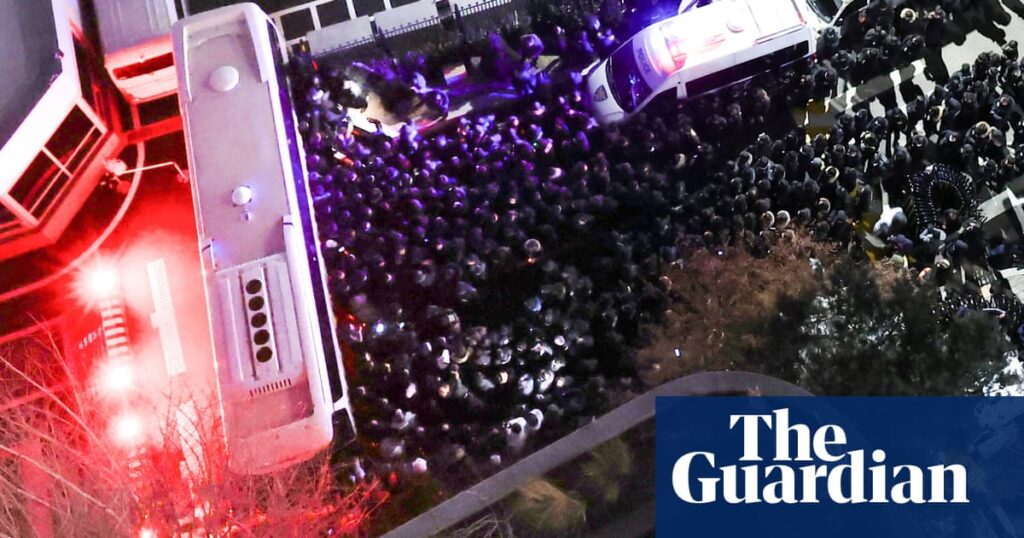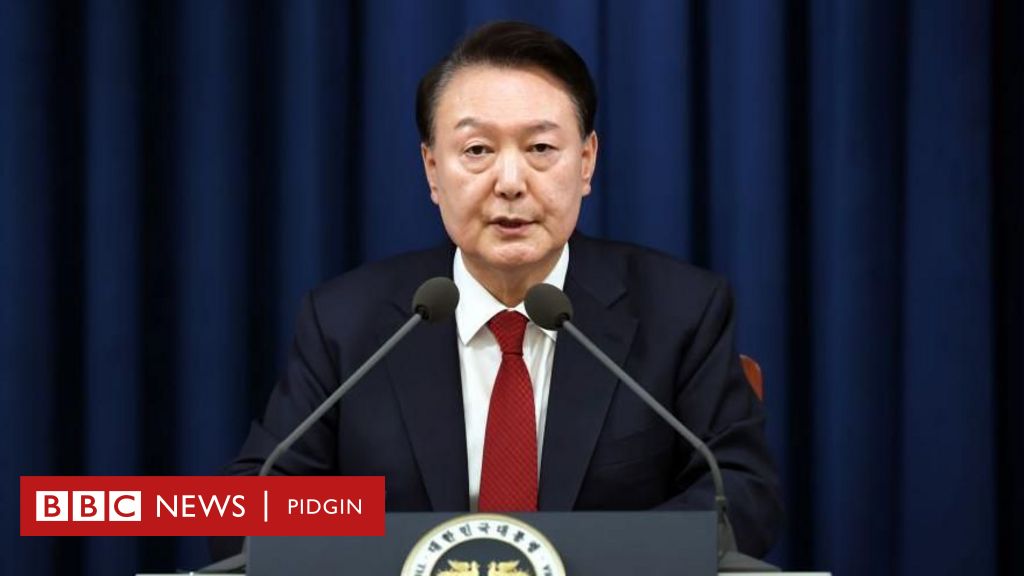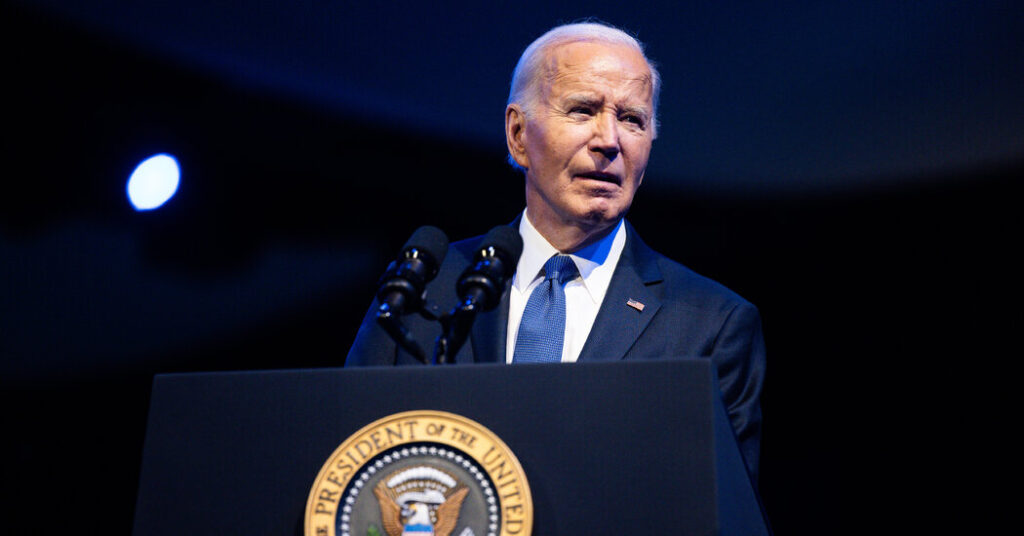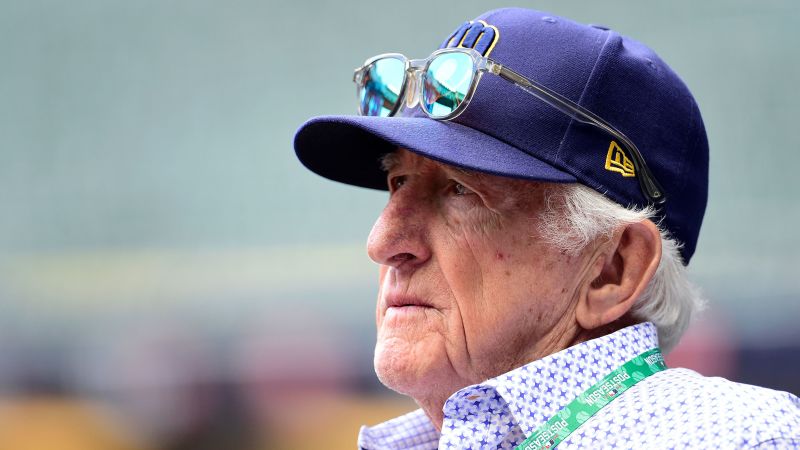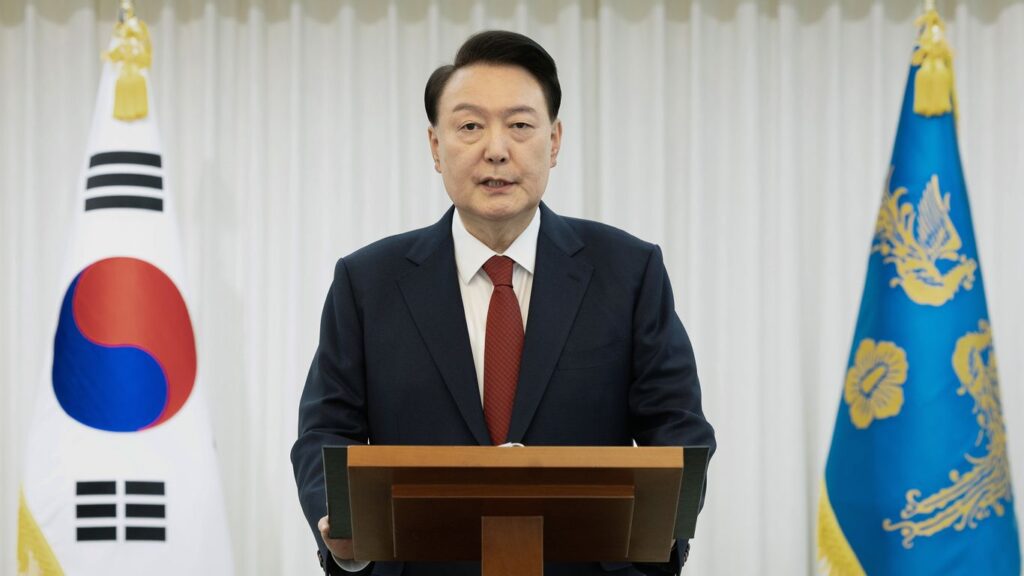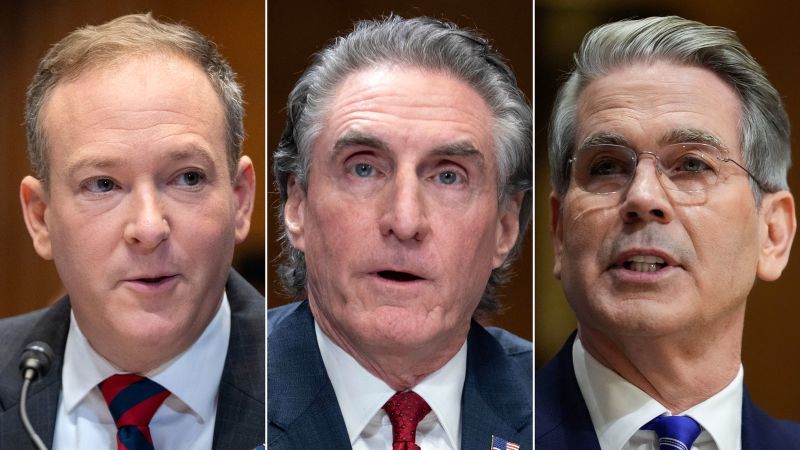]
South Korea’s suspended president, Yoon Suk Yeol, has been arrested amid a huge police presence outside his official residence in the capital, Seoul. Officials from the Corruption Investigation Office had for weeks been seeking his arrest over insurrection allegations connected to his short-lived declaration of martial law in early December.
After their first attempt to execute an arrest warrant was abandoned in early January amid a standoff with Yoon’s security detail, investigators returned to his residence on Wednesday backed by an estimated 3,000 police officers.
Why is his arrest significant?
The allegations against Yoon are serious, although he has not yet been charged. Inciting insurrection is one of the few crimes from which South Korean presidents do not have immunity. If convicted, he faces a heavy fine, imprisonment or technically even the death penalty (though South Korea has a longstanding moratorium on executions).
Yoon became the first sitting president of South Korea to be arrested, although several of his predecessors have faced criminal charges and been imprisoned after leaving office.
His arrest also marks the end of a key stage in the campaign to hold the ultra-conservative accountable for his actions on 3 December, when he declared martial law and ordered armed troops to prevent lawmakers from entering the national assembly building.
MPs, led by the main opposition Democratic party, confronted troops and voted to overturn the decree, forcing Yoon to withdraw it just six hours later.
In a wider sense, Yoon’s arrest suggests that the rule of law is gaining the upper hand after weeks of uncertainty that have left many South Koreans fearing for the future of their democracy and prompting concern in the US, the country’s biggest ally.
Why has it taken so long to arrest Yoon?
Although he is now suspended from office, Yoon is still entitled to protection from the presidential security service.
The organisation, which includes armed soldiers, has been instrumental in frustrating efforts to detain him. In early January its personnel confronted prosecutors and police attempting to execute an initial warrant for Yoon’s arrest, eventually forcing authorities to retreat and obtain a second warrant – the one successfully executed on Wednesday.
Police appeared to have learned from the 3 January debacle and arrived at Yoon’s “fortress” on Wednesday carrying ladders to help them enter his residence and backed by threats from prosecutors to arrest Yoon’s security personnel if officials were blocked a second time.
Media reports said police officers were unarmed in an attempt to lower tensions, but wore bulletproof vests in case they were fired on by Yoon’s guards. Police scuffled with several pro-Yoon protesters outside his residence but there were no reports of serious violence.
Significantly, Yoon has also softened his stance. Having initially defied attempts to arrest him, he said on Wednesday that he had decided to submit to questioning to prevent “unsavoury bloodshed”.
Is his arrest connected to his impeachment?
Yoon’s detention is directly linked to his declaration of martial law, but the criminal insurrection investigation is separate from the impeachment process.
While he undergoes questioning in the criminal case, South Korea’s constitutional court is holding hearings as it decides whether to uphold a parliamentary vote in mid-December to impeach Yoon, or to dismiss it and pave the way for his return to office to complete his single five-year term.
The court has 180 days from 14 December to decide, and few analysts expect its eight sitting justices to reach a quick decision given the gravity of the political crisis that has gripped South Korea over the past five weeks.
What happens next?
The dual political and criminal cases against Yoon will continue in the coming weeks and months, but there is little indication at this stage how they will end.
He could face a criminal trial on charges of insurrection but be reinstated by the constitutional court. In what would be the worst-case scenario for Yoon, he would face a criminal trial on insurrection charges and be thrown out of office by the constitutional court.
Yoon can be held for questioning for up to 48 hours on the existing arrest warrant, according to media reports. Authorities must then decide whether to release him or seek a fresh warrant to detain him for up to 20 days. His legal team has condemned his detention as illegal.
The constitutional court was due to hold five hearings through early February as it deliberates on Yoon’s impeachment, but it has remained far from clear if the suspended president will attend.
He failed to appear at the first hearing on Tuesday – citing security concerns – forcing the court to adjourn the session after only a few minutes. South Korean media reported that Yoon would also refuse to appear at the second hearing, scheduled for Thursday, adding that his lawyers would answer questions on his behalf.
